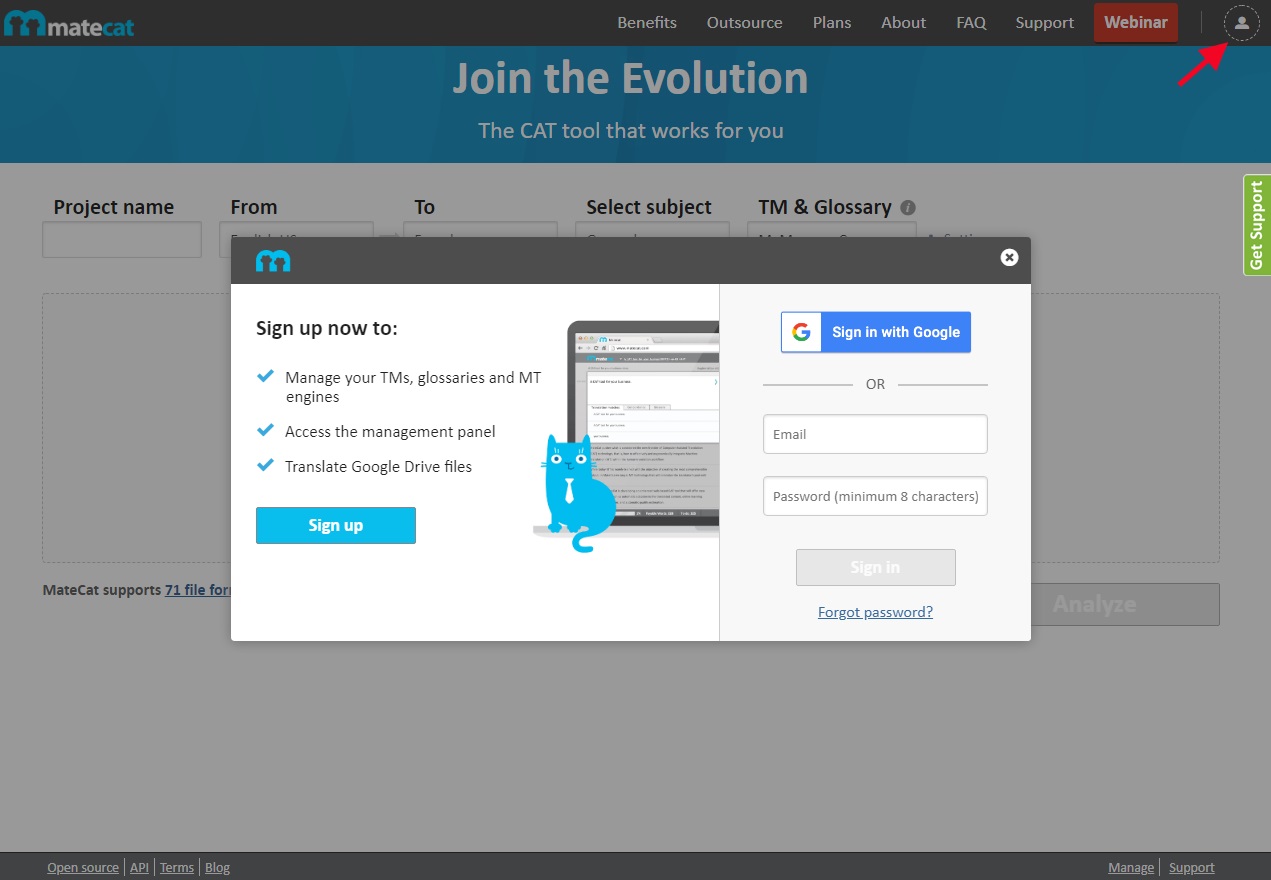

The handbook for Lokalize is at: īeginning with version 2.2, Poedit also supports the version 1.2 and the new XLIFF 2 format, both in the free and open-source version and the PRO paid version. MXLIFF file from the CAT Desktop Editor or the CAT Web Editor, the ability to do so may have. It creates an XLIFF File in Format 1.2 which contains tons of extra information, like: the Application Structure and the Context (what, where) a Text is used.
#Online xliff editor windows#
Lokalize can run under Windows with the whole KDE environment installed. MXLIFF files are Phrase specific files based on XLIFF 1.2. The ApexLib XLIFF Export Tool is thought to be used instead of the builtin APEX XLIFF Export. xliff extension by yourself by clicking the row with XLIFF files and then Edit.You will simply have to Add a row identical to the existing one, only with the source filename pattern changed to the one you want to use.
#Online xliff editor professional#
Poedit was built to handle translation using gettext (PO. After exporting a label set, use a web app, computer program, or professional translation service to edit your XLIFF file. Easy translation of apps & sites with PO, XLIFF, JSON or Flutter formats. It aims to provide translators with a quality editor for documentation and software. Simple translation editor for gettext, XLIFF and JSON. The free XLIFF Editor is a versatile open-source translation editor using the XLIFF standard. xlf extension, therefore you have to add the. Simple translation editor for gettext, XLIFF and JSON.

Lokalize is a KDE application designed as an XLIFF editor. Unfortunately the default settings of OmegaT include only the. Poedit Pro can use community-contributed translation memory and share yours to improve future translations, so you wont ever need to do your work twice. (Not open-source, but free) XLIFF Translator is a free XLIFF editor part of the Felix TM system. Translation strings you finalise are stored locally and used to help you with translating similar strings in the future, by showing up as suggestions. It is designed to work with PO files, but can also work with XLIFF documents and a number of other formats. Virtaal is the translation tool of the Translate Toolkit.

It is designed to work with Qt TS files, but supports also PO and XLIFF documents. We have heard ofand been victims offraudulent participation in studies using online, survey-based methods (see Lawlor et al., 2021, for a guiding framework). Qt Linguist is the translation tool for the Qt environment. The Open Language Tools project provides a Java-based XLIFF editor, along with filters for various file formats. XLIFF (XML Localization Interchange File Format) is an XML-based bitext format created to standardize the way localizable data are passed between and among tools during a localization process and a common format for CAT tool exchange. OmegaT is a Java-based translation tool that supports many file formats, including XLIFF documents.


 0 kommentar(er)
0 kommentar(er)
